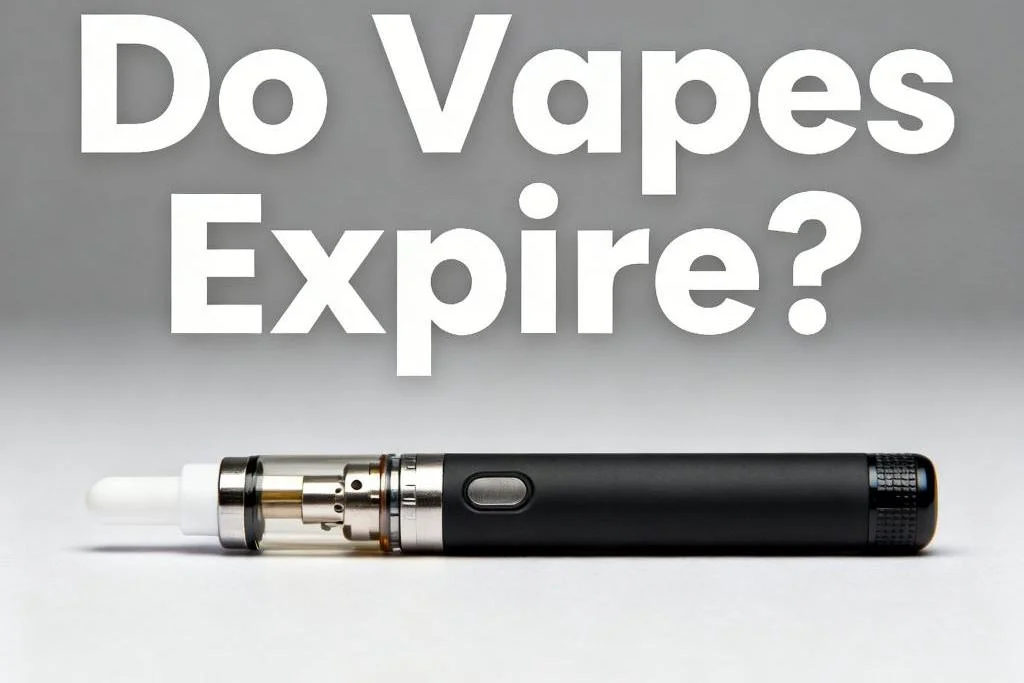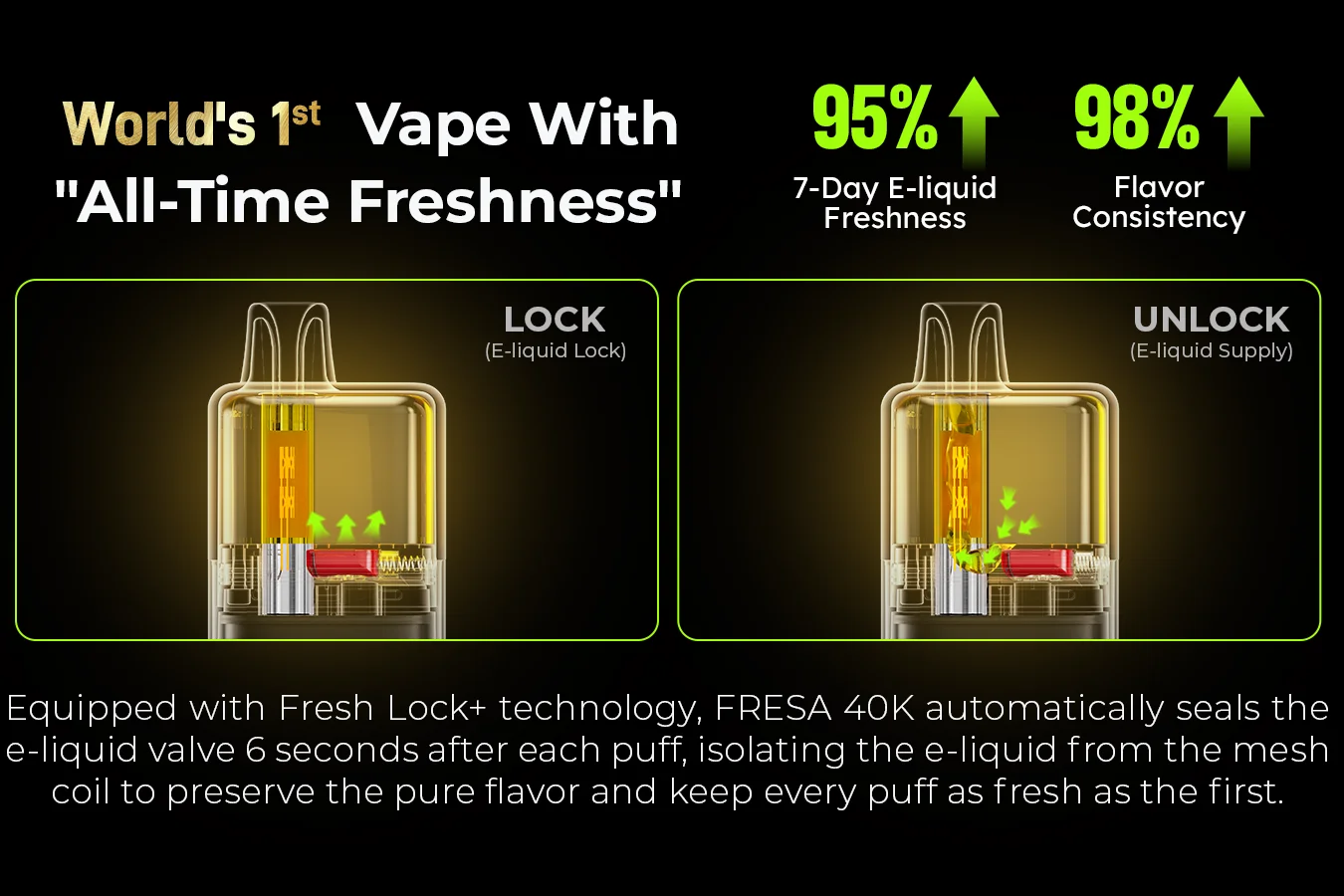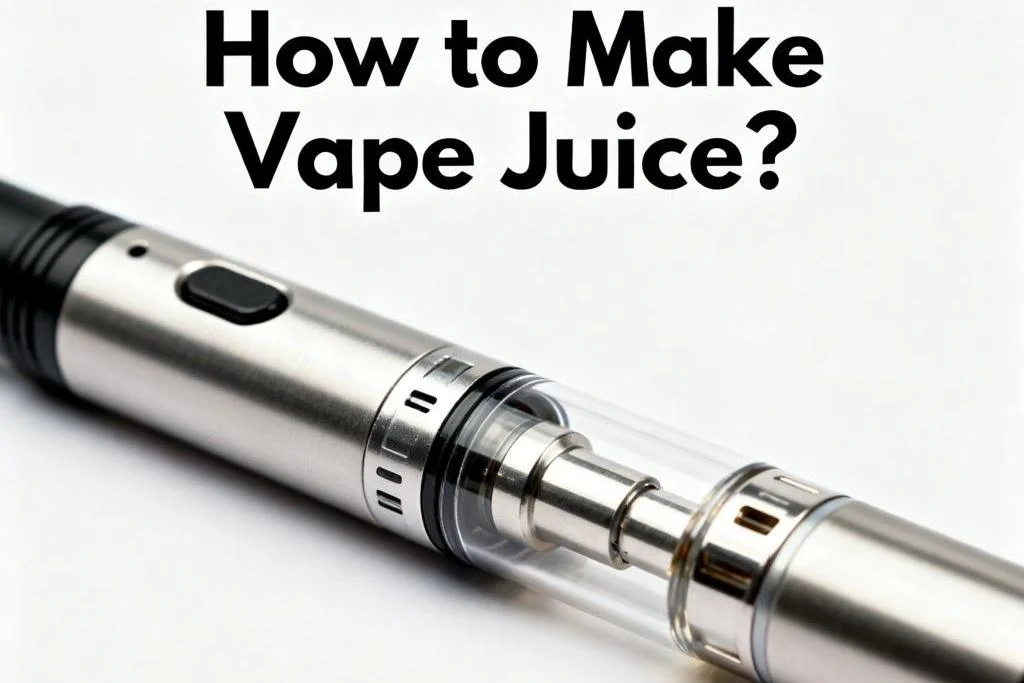The impact of disposable vapes on the environment
1/24/2024, 4:26:59 PM 1222
Will the potential ban be effective in reducing youth vaping?
Youth vaping is the driving force behind the debate on the disposable vapes ban, with the Royal College of Paediatrics and Child Health citing their concern for the increase in young people taking up vaping and its long-term health implications. TPD-compliant vape retailers are legally bound to carry out online age verification and carry out 'Challenge 25' age checks in face-to-face sales and can face a fine of up to £2,500 if caught selling to minors. The blind spot is the swath of unregulated online and corner shop retailers trading illegal devices, who need to come under regulation.
Ben Keirle, CEO of 1account Age Verification, says, 'Youth Access Prevention appears to have the majority of its problems on the high street. With so many different retailer types, particularly disposables, which can be bought anywhere from a newsagent to a fishing tackle shop and everything in between, the potential for harm in this area is large, and the enforcement is difficult and expensive.'
"'Youth Access Prevention appears to have the majority of its problems on the high street. With so many different retailer types, disposables can be bought anywhere... the potential for harm in this area is large, and the enforcement is difficult and expensive.'"
'Online age and identity verification is not new. Both the gambling and financial services sectors have been obligated to conduct checks for a lot longer than the e-commerce sector,' Keirle said. Age Verification companies like 1account argue that it is easier to protect online consumers with 'plugins' that can be implemented in nearly every eCommerce platform to prevent underage purchasing. 'It's impossible to say the same about on the high street', says Keirle, 'and it'd seem rather punitive to a thriving online industry to ban the sale of any product that wasn't making its way into the hands of minors where the sites are (most of them) implementing a real online age verification product.'
"Online age and identity verification is not new. It is easier to protect online consumers in nearly every eCommerce platform to prevent underage purchasing. It's impossible to say the same about the high street'"
The organisation Action on Smoking and Health (ASH) has also issued caution over banning single use vapes. Their research shows that most children who use these devices obtain them from unregulated high street retailers and that a ban will be a boon to the black market. Instead, they support an increase in tax on disposable vapes, making them less affordable and less attractive to minors. ASH also supports giving greater powers to Trading Standards authorities to enforce age of sale regulations in face-to-face sales.
An increase in the cost of disposable vapes could also encourage adult vapers to transition to more sustainable and money-saving re-usable vape kits and could result in a phasing out of the disposable vape market altogether.
The economic implications of a disposable vape
As of 2022, the vaping industry in the UK is worth £1.2bn with disposable vapes making up £973 million of all vape sales. A ban on disposable vapes would lead to revenue losses for the entire vape industry chain, from manufacturers and distributors to retailers. The knock-on effect could lead to downsizing and job losses as well as a huge reduction in tax revenue.
Access to beginner-friendly disposable vapes has formed a doorway allowing smokers to make the switch. According to a recent report by the Institute for Economic Affairs (IEA), encouraging smokers to move to vaping would prove a positive step towards reducing the economic burden of smoking, whereas a ban could only do the opposite. They also stated that 11-15-year-olds are twice as likely to drink alcohol regularly than they are to vape, whilst noting the number of children who smoke cigarettes has fallen from 10-20% to 2-5% since 2012.
A ban does not address the sale of illicit disposable vapes to minors, which is already a prolific industry, but it does threaten to send vapers back to smoking. This could cause an increased strain on the economy and health services, threaten jobs and almost certainly guarantee an increase in the funding required to get to grips with the black market which will be fuelled by a ban on disposables.
The role of the vaping industry in the disposable vape ban proposal
The UK Vaping Industry Association (UKVIA) has called for the need for tougher regulation on the sale of vaping products to children. They highlight research by Arcus Compliance which revealed that just over £2000 worth of fines were handed out to retailers for underage and illicit product sales in three years leading up to 2023. They have proposed that the government increase the fines to £10,000 per offence, as well as an introduction of robust retail licensing and a national test purchasing scheme.
Acknowledging the role in packaging and product descriptions, UKVIA encouraged limiting references that appeal to children, whilst promoting clear standards for package labelling and flavour names. The biggest challenge, they say, is providing a practical way for consumers to easily recycle their used devices. They cited a recent study by Waste Experts which found that up to 99% of plastic and aluminium single-use vape devices were recyclable or recoverable.
How will the proposed disposable vape ban affect adult vapers in the UK?
4.7 million adults use e-cigarettes in the UK and of those, 2.7 million are ex-smokers, with the number of adult smokers switching to vaping continuing to grow. According to ASH, disposable vapes account for 31% of the types of vapes used in 2023, a huge increase from 2.3% in 2021
We conducted a recent survey of over 1,000 of our customers here at Vape Superstore and found that 21% of vapers would go back to smoking if the government banned disposable vapes. Reassuringly though, the majority (68.7%) would switch to a refillable pod device instead.

Encouraging the shift to refillable vapes can ensure that consumers don't return to smoking as well as helping to mitigate the widespread negative economic effects. Reusable vape kits are far more economical and less wasteful and they are just as easy to use.
Will they ban vape flavours?
Flavour bans are already in place in several countries around the globe and in the UK, ministers are currently debating whether or not to institute similar restrictions. The argument for the flavour ban is their appeal among teenagers and young adults, with their similarities to well-known sweet shop candies seen as tempting to a younger demographic.
The same, however, could be said of flavoured alcoholic drinks, so-called 'alco-pops', which are brightly coloured and exceptionally sweet tasting. Yet instead of a ban on sweet-flavoured alcohol, they are heavily regulated and monitored.
Our survey results were more alarming when it came to vaper's opinions on a flavour ban. 1 in 3 (29%) vapers said they would go back to smoking if the government banned sweet e-liquid flavours. While 15% would turn to the black market to get their flavours, already highlighting the potential shift towards unsafe products if the legtitmate vaping industry is restricted.

Flavours make the transition from smoking more appealing to adults. According to ASH, over 50% of adult vapers prefer fruit or sweet-flavoured e-liquids. There is a risk that consumers may return to smoking if a flavour ban comes into place. Consumers could also be pushed to purchase dangerous and unregulated flavoured e-liquids from the black market which would then have a monopoly over flavoured e-liquids.
How would a disposable vape ban affect people quitting smoking?
Tobacco products remain readily available and disposable vapes give smokers an accessible and convenient way to start vaping. Banning them could potentially make it more difficult for consumers to make the transition. This is where switching to refillable vapes could save the day, and communicating and promoting their ease of use and affordability is key.
Refillable pod kits are much cheaper to maintain than disposable vapes, the average rechargeable kit costs under £20, which is a one-off purchase. A 10ml bottle of e-liquid costs £3-£4 per bottle and delivers up to 3000 puffs. Whereas a single disosable only nets the user up to 600 puffs and costs around £5 per device.
The Benefits of Refillable Pod Kits
- 35% cheaper than disposable vapes.
- 70% cheaper than cigarettes.
- Minimal setup.
- Eco-friendly.
- More flavour options.
- Can reduce nicotine strength.
Coupled with effective management and enforcement of illicit and underage selling, along with government and NHS incentives, the focus could be shifted from disposables to reusable vape devices as the go-to option for smokers.






